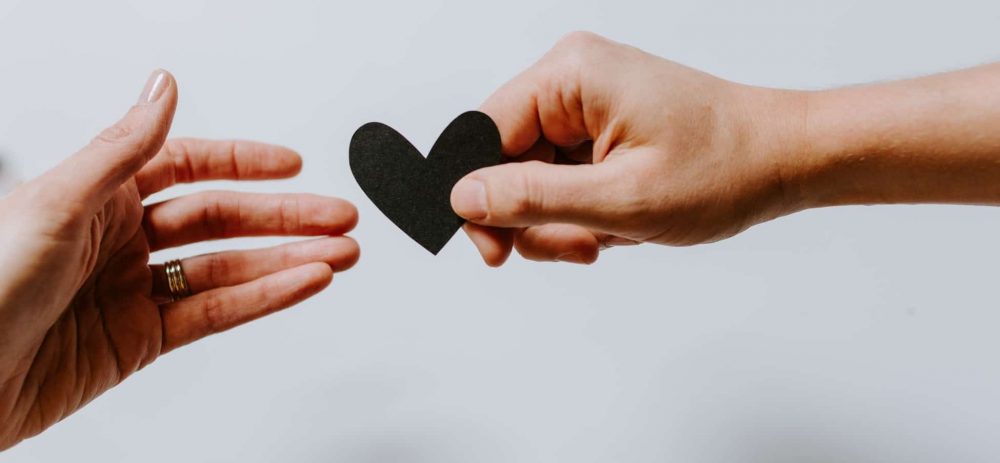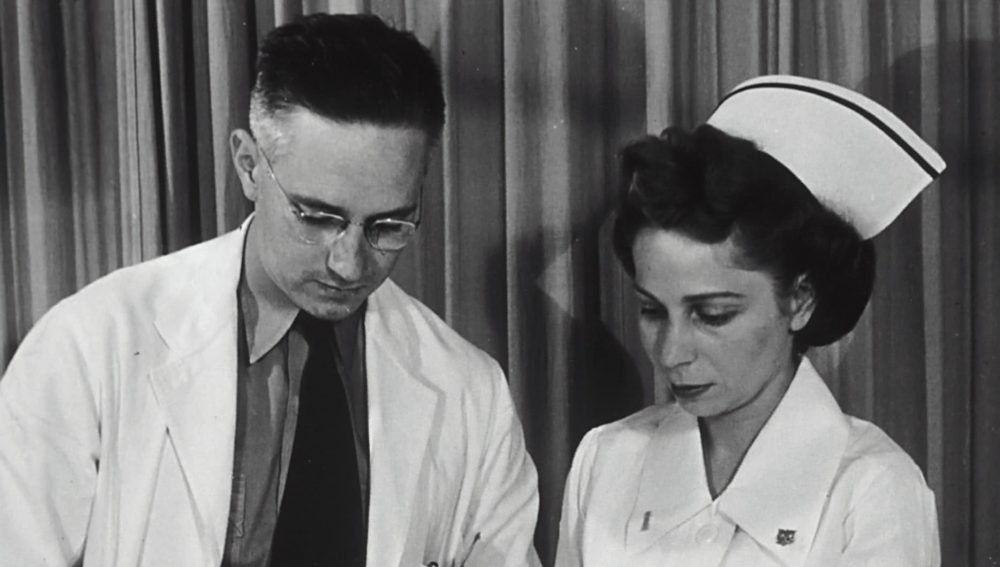
As I sat in clinic on an autumn morning, I phoned a young lady who clearly needed a referral for possible bowel cancer. A telephone call that will change her life forever. As someone who has been doing telephone and video interviews for many years in the private sector and an interviewer for medical schools, communication is something I’ve become experienced in. Using as much empathy as one can over the phone and checking her understanding, we had what some might call an effective consultation. But my human nature, my traditional medical training missed the ability to reach out physically to her; a touch on her shoulder, possibly placing my hand on hers, maybe offering her a tissue, looking into her eyes, her body language, as she took in the news. In a pandemic understandably, some of these things I can no longer offer but some I still can. Basic, natural, human connection a patient so badly needs.
With over 90% of consultations over the phone are doctors at risk of becoming deskilled in human connection?
I miss it.
She may not realise it in that moment, but she will miss it. I have patients returning to me after years of chemotherapy remembering exactly the first time, I broke the news to them. It wasn’t over the phone.
This is not to say the new telephone appointment system has not done wonders for General Practice. Telehealth has huge advantages for the immobile, the mother who does not want to drag all her children out to an appointment, admin related issues which has freed up doctors’ time. But with over 90% of consultations over the phone are doctors at risk of becoming deskilled in human connection?
As a mindfulness coach, private practice has fully embraced my special interest in mindfulness meditations, which I offer for a variety of health conditions. In the middle of a pandemic where mental health cases are surging, mindfulness is needed more than ever. It is recognized by the NHS and NICE; a quick mindfulness practice can be conducted over the phone or face to face, within a typical 10-minute NHS consultation. Yet traditional practices do not want to innovate until required to, do so, as covid has done. It has forced NHS GP practices to offer video consultations and documents being sent directly to their mobile. Private practice has been doing this successfully for years.
We must keep open our hearts as well as our minds.
In a pandemic, NHS workers must safeguard their health as a priority. But we must keep open our hearts as well as our minds. It is easy for NHS doctors to get into a cycle of feeling stressed, burnt out and lose sight of basic human instinct, as they try to maintain a work-life balance.
As Aristotle stated “Man is by nature a social animal”.1 A doctor who does not appreciate and comprehend this cannot give the upmost care. As human beings we can feed off each other’s emotions when in the same space. The doctor and patient model is not one of receiver and giver. We are beings, who support one another in the consultation. The patient offers information, the doctor offers guidance and a safe space. Together they go forward and manage the problem. Humans need social connection. We are not the only animals on the planet that share this unique feature. A face to face consultation is therapy itself. It offers healing.
I urge my colleagues not to lose sight of this.
Reference
Featured photo by Kelly Sikkema on Unsplash








